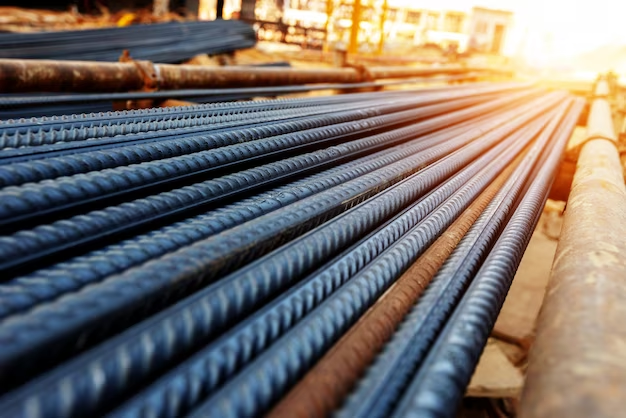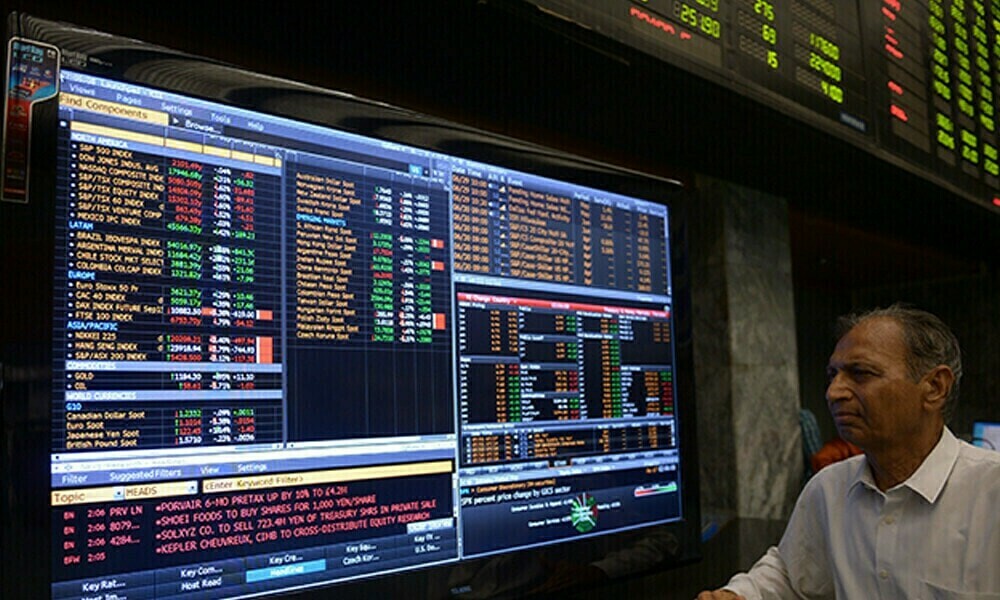Mohsin Siddiqui (Chief Reporter)
The steel sector has issued a stark warning to the federal government, emphasizing that any extension of tax exemptions to the erstwhile tribal areas beyond June 30, 2024, could result in a significant loss of revenue for the Federal Board of Revenue (FBR). According to the industry, such an extension would lead to a shortfall of Rs50 billion in the fiscal year 2024-25.
In a recent meeting with the Finance Minister, representatives from the steel industry voiced their concerns about the detrimental effects of tax exemptions granted to the former Federally Administered Tribal Areas (FATA) and Provincially Administered Tribal Areas (PATA), now known as Newly Merged Districts (NMDs). The Pakistan Association of Large Steel Producers (PALSP) highlighted the misuse of these exemptions, which they claim has severely harmed the local steel industry.
Abbas Akberali, Patron in Chief of PALSP, expressed appreciation for the government’s efforts to combat tax evasion but stressed the need for further action. He assured the industry’s support in addressing tax evasion related to the sale and purchase of local scrap, which is often facilitated through the use of fake inputs and flying invoices. By curbing these practices, the government could potentially increase its revenue by approximately PKR 50 billion annually. This would involve documenting the entire local scrap segment, which constitutes about 20 to 25 percent of the total scrap used in steel production.
The steel industry representatives argued that the tax exemptions for FATA/PATA have been massively misused, causing significant damage to the industry and resulting in a substantial loss of revenue for the national exchequer. They urged the government not to extend these concessions, as doing so would continue to undermine the financial health of the steel sector.
The steel sector is currently grappling with numerous challenges, including historically high interest rates and operational difficulties. The interest rate of 24 percent has rendered many operations unviable, leading to a significant reduction in capacity utilization to around 30 percent and the shutdown of several units. To alleviate some of these pressures, industry leaders emphasized the need for lower power tariffs, proposing a reduction to 9 US cents per kilowatt-hour for energy-intensive industries like steel.
The PALSP delegation also discussed the need for amendments in the Export Facilitation Scheme (EFS) to support value addition in the copper export sector. The steel sector has diversified into exporting non-ferrous products, emerging as the fifth-largest exporting sector with exports totaling USD 1.5 billion in 2023. Strengthening the steel industry’s backbone could further boost copper exports.
Industry representatives highlighted the burden of the current high turnover tax rate, which they described as regressive and unjustifiable under the present economic conditions. They called for a reduction in the turnover tax rate from 1.25 percent to 0.5 percent for the steel manufacturing industry and an extension of the adjustment period from three to ten years.




